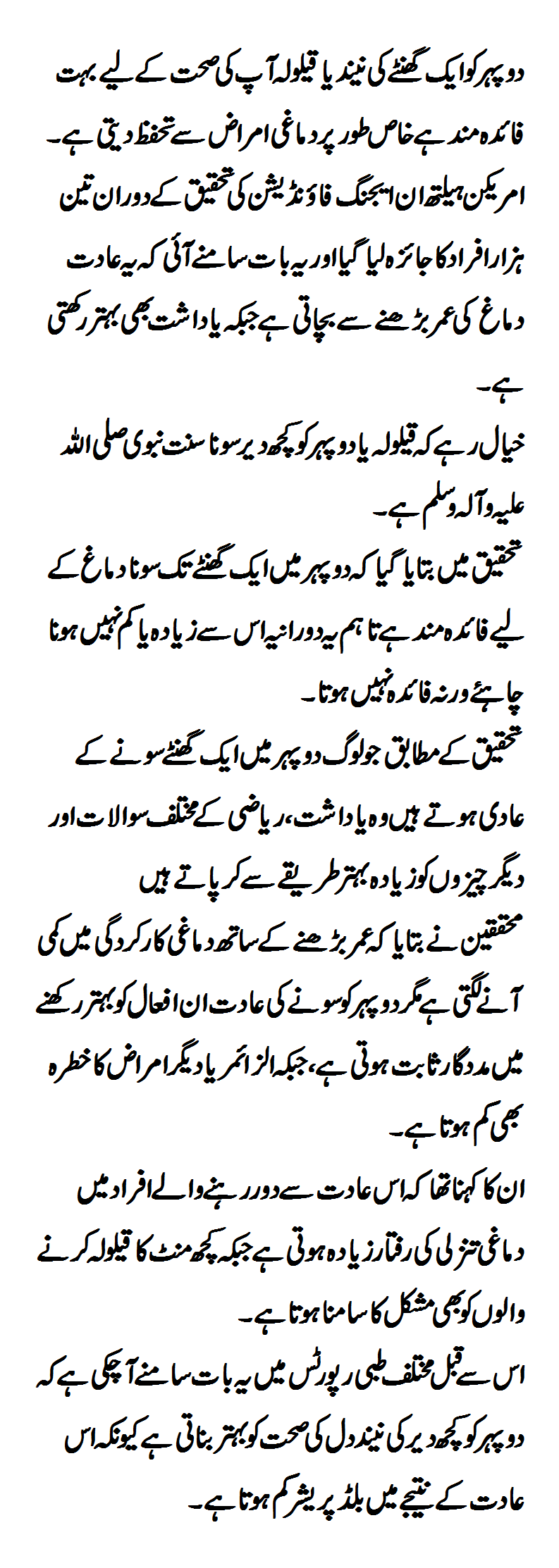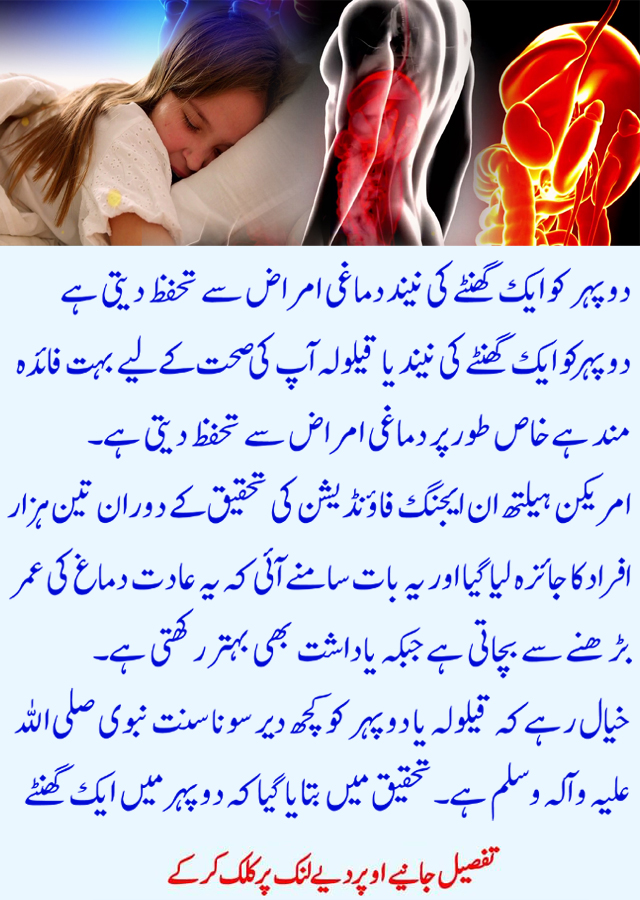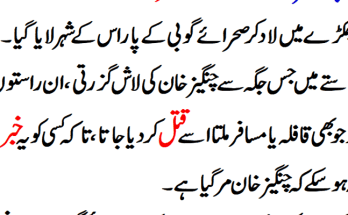Most people know firsthand that sleep affects their mental state. After all, there’s a reason it’s said that someone in a bad mood “woke up on the wrong side of the bed.”
As it turns out, there’s quite a bit of truth behind this colloquial saying. Sleep is closely connected to mental and emotional health and has demonstrated links to depression, anxiety, bipolar disorder, and other conditions.
While research is ongoing to better understand the connections between mental health and sleep, the evidence to date points to a bidirectional relationship. Mental health disorders tend to make it harder to sleep well. At the same time, poor sleep, including insomnia, can be a contributing factor to the initiation and worsening of mental health problems.
Both sleep and mental health are complex issues affected by a multitude of factors, but, given their close association, there is strong reason to believe that improving sleep can have a beneficial impact on mental health and can be a component of treating many psychiatric disorders.
How Is Mental Health Related to Sleep?
Brain activity fluctuates during sleep, increasing and decreasing during different sleep stages that make up the sleep cycle. In NREM (non-rapid eye movement) sleep, overall brain activity slows, but there are quick bursts of energy. In REM sleep, brain activity picks up rapidly, which is why this stage is associated with more intense dreaming




